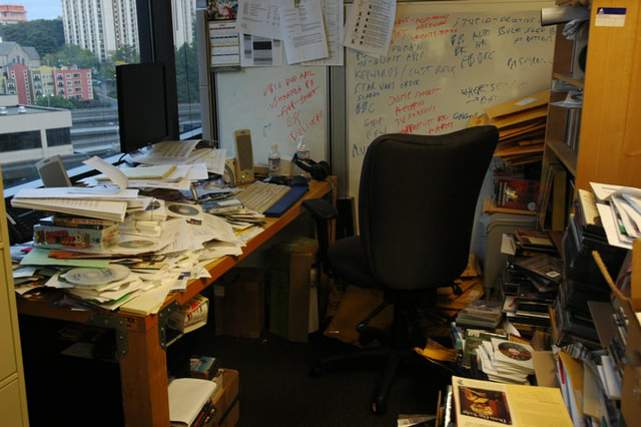You work in financial advice and have good a relationship with a number of your clients. You are Executor of the Will for one of your long-standing clients who passed away recently. She is a published author, but her Will states all drafts and unpublished manuscripts must be destroyed at the time of her death. 
Upon visiting the estate, you come across the manuscripts in her office and take some time to read them. The family have expressed they wish to hold on to them – if not for sentimental reasons then to potentially also publish them in memory of her.
Flicking through the manuscripts you appreciate how well written they are and think it would be such a shame for others not to read her work.
What would you do?
- Take some time to consider these questions with your colleagues.
- Who are the people that will be impacted by your decision?
- Who will benefit most from your decision?
- Would your decision apply in a similar situation and if not, why?
We challenge you to create a healthy discussion with your colleagues and post a comment below. You could even encourage them to consider taking The Banking and Financial Services Oath!
Please share your ethical dilemmas with us - we can post them anonymously. You can email your dilemmas to dilemma@bfso.org
Editor's note: This article was originally published in December 2019.